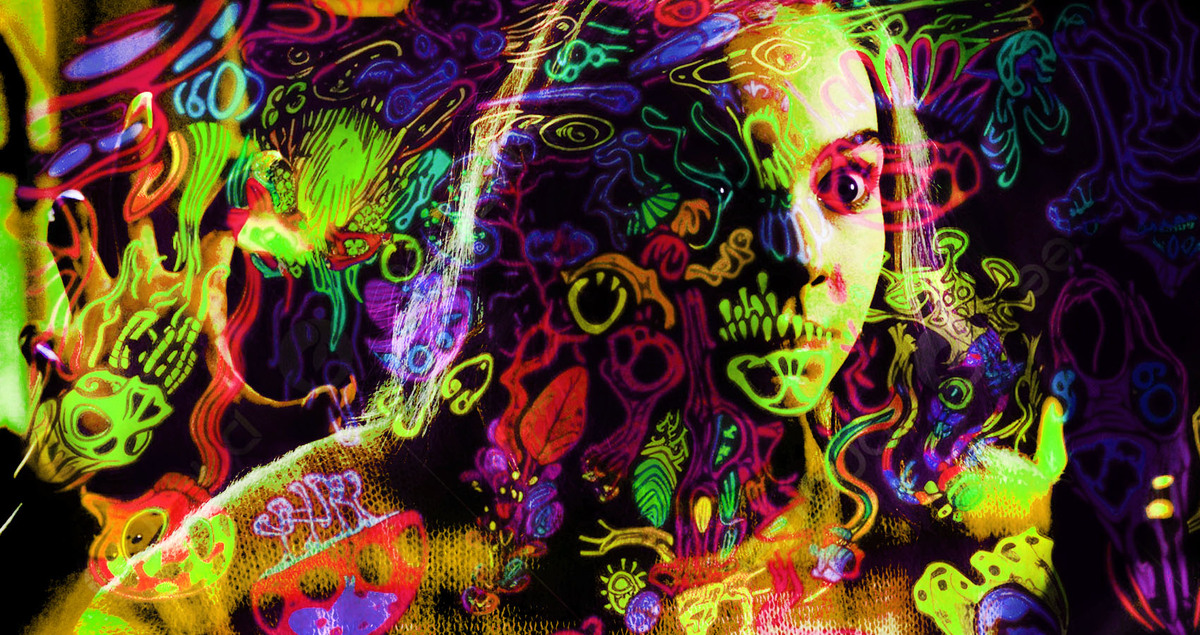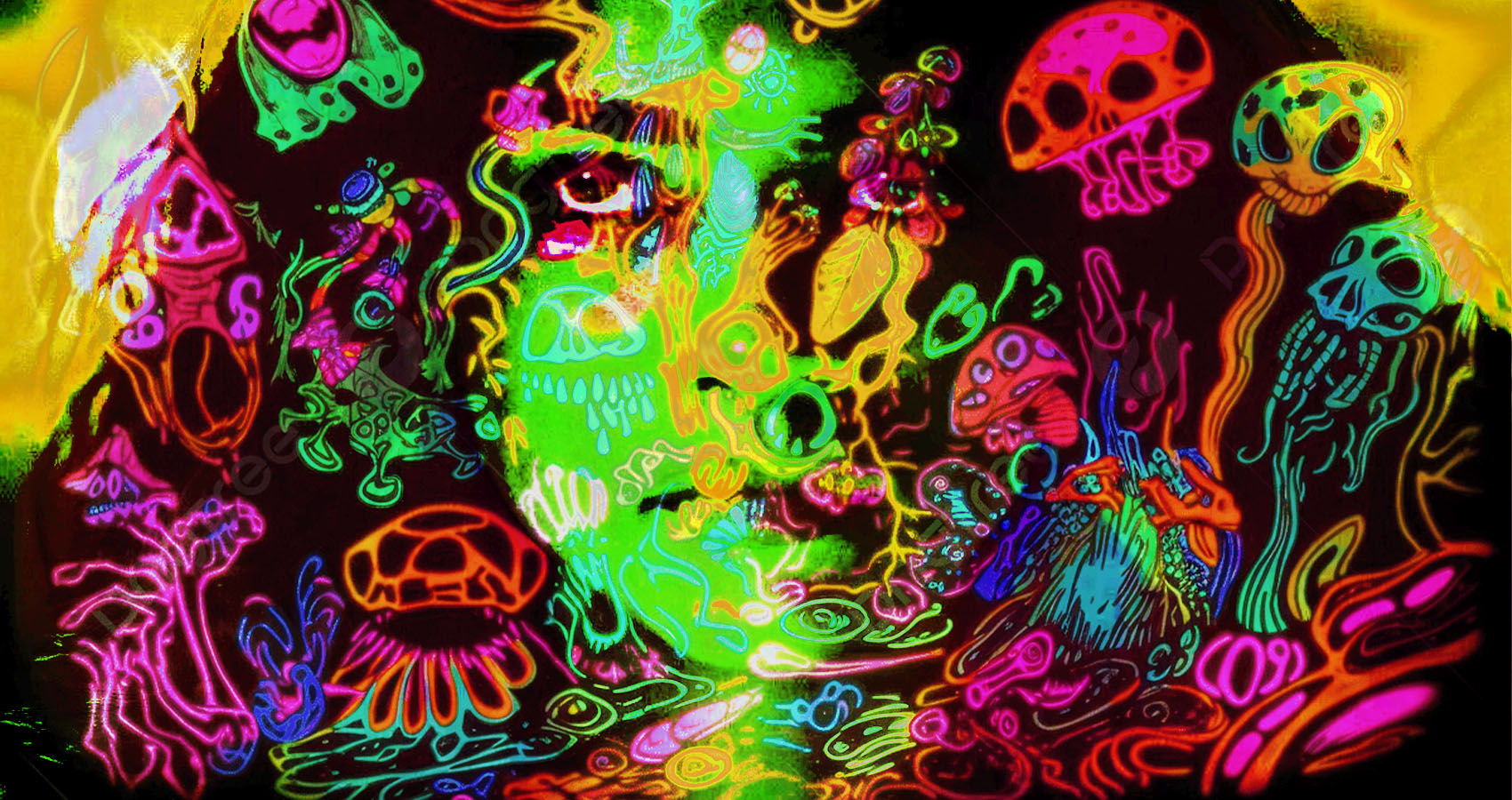Delta 8 vs Delta 9: Which Helps More wWith Insomnia?
How each compound affects sleep.
Delta-8 and delta-9 THC are both cannabinoids found in the cannabis plant. People often use them as sleep aids. Delta-9 binds more strongly to CB1 receptors in the central nervous system. This results in stronger sedative effects and is why many people report getting to sleep faster and sleeping deeper with delta-9 THC. Delta-8 interacts more with CB2 receptors. These receptors are linked to anti-inflammatory effects, and the high people get from delta-8 is usually described as milder and more mellow.
According to a 2024 review from Cannovia, delta-9 has an advantage over delta-8 for deep, restful sleep. Users seeking help with severe insomnia tend to prefer delta-9 for its ability to help them fall asleep and stay asleep. User reviews show that delta-8 does help some people relax, but it often takes higher doses to get the same sedation as a lower dose of delta-9.
Delta-8 is sometimes described as more calming and less intense. People report that the high from delta-8 is lighter. They can relax, but it does not always help with severe sleep problems.
Dosage Differences and What Users Report

Dosing matters. Delta-9 is more potent, so users often start with lower doses, about 5 to 20 mg. Effects start within 15 to 30 minutes if inhaled and may take up to 90 minutes if swallowed. The effect usually lasts 2 to 6 hours. Delta-8 is less potent and is used in higher doses, around 10 to 40 mg. The onset is a bit slower, and the sedation is usually less intense.
Feedback from sources like Natural Ways CBD points out that people look for delta-8 when they want milder sedation and want to avoid strong effects the next day. Most users who need strong sleep support seem to prefer delta-9, though they may risk more next-day weariness and stronger side effects.
Comparing Edible and Inhaled Options for Sleep

People interested in sleep support often choose from different THC products, including softgels, tinctures, vape cartridges, and edibles like delta 8 gummies. Edibles usually lead to a slower onset but longer-lasting effects compared to inhaled forms. Many find that the predictability of edibles helps manage their sleep schedule.
Edibles such as delta 8 gummies are sometimes chosen for users who want milder sedation with less risk of next-day grogginess, while those seeking stronger effects might prefer delta-9 THC edibles or tinctures. Product choice often comes down to potency, tolerability, and personal needs around falling and staying asleep.
Safety Profile and Side Effects

Both delta-8 and delta-9 THC can cause side effects. These include dry mouth, dizziness, anxiety, and sometimes paranoia. High doses of delta-9 can cause more intense effects, including possible hallucinations or psychosis, though these reactions are rare. There are reports of people feeling dependent after frequent use. Both cannabinoids can cause this, but it seems to happen more often with delta-9.
Morning grogginess or feeling impaired the next day is more likely with delta-9. With delta-8, people often report a lighter high and less trouble getting up. There is a risk of addiction with continual use at high doses, as both compounds increase dopamine in the brain.
Combining either compound with other sleep medications, alcohol, or tranquilizing drugs increases the risk of drowsiness and breathing problems. The FDA has not approved any delta-8 or delta-9 THC-containing drugs for insomnia as of July 2025.
Legal Rules and Extraction Methods

Laws on these cannabinoids are complex. Delta-9 THC remains federally illegal but is legal in some states for medical or adult use. Delta-8 is made from hemp, which is legal at the federal level, but some states ban its use or sale. Those interested in trying either compound should check local laws first.
Delta-9 comes from direct extraction from cannabis plants, usually using ethanol, CO2, or sometimes solventless processes. Delta-8 is generally made by converting CBD or delta-9 THC using chemical solvents.
Expert Views and Regulation

Doctors and sleep specialists agree that both delta-8 and delta-9 are options for short-term relief only. Data on long-term safety is missing. Using these cannabinoids for long periods may lead to tolerance and withdrawal symptoms. Medical experts say to use the lowest amount possible and to watch for side effects, especially if there is a history of mental health problems or drug misuse.
Key Takeaways
Delta-9 is stronger for sleep, often helping with falling asleep quickly and staying asleep, but it carries higher risks, stronger psychoactive effects, possible next-day drowsiness, and more frequent side effects. Delta-8 is liked by those who want to take the edge off and relax before bed without feeling heavy or sluggish the next day. It is milder and may not be enough for deep or ongoing sleep problems.
Legal choices depend on the state. delta-8 can be easier to buy in some places, but it may come with safety concerns due to how it is made. Experts recommend caution, trying very low doses first, and not using these compounds long-term for insomnia.
This review uses current evidence, expert opinions, user feedback, and legal guidelines as of July 2025 to provide a factual look at the benefits and pitfalls of delta-8 and delta-9 for those seeking help with sleep. Sources include Cannovia, Natural Ways CBD, Stirling CBD Oil, and regulatory agencies.












